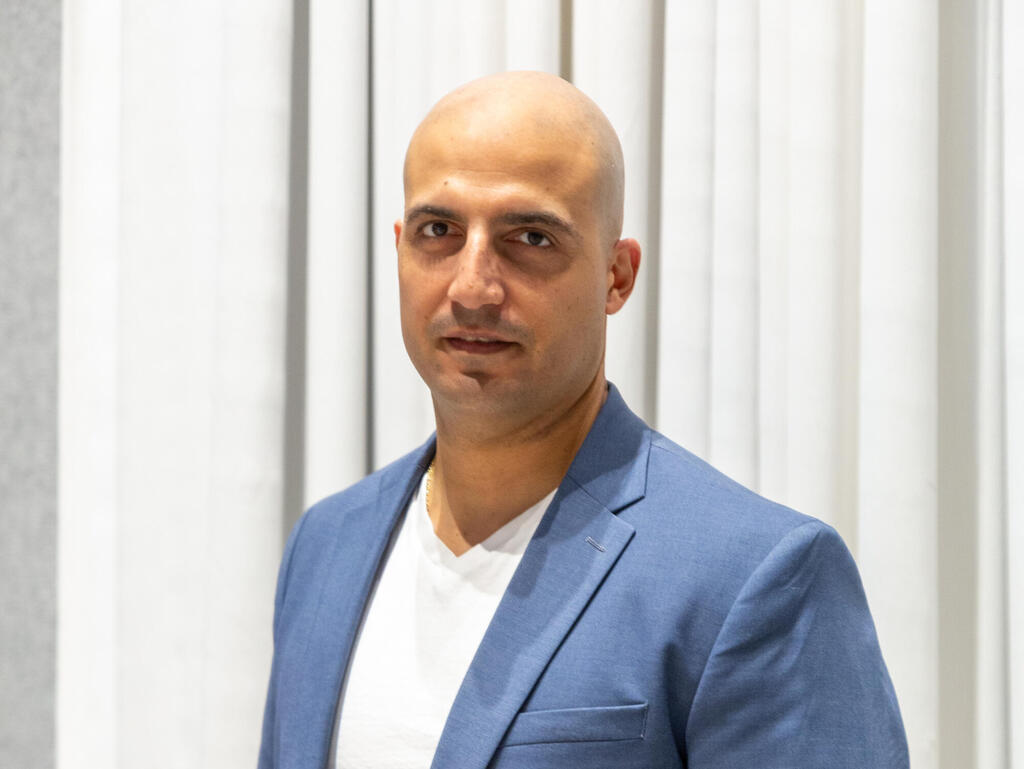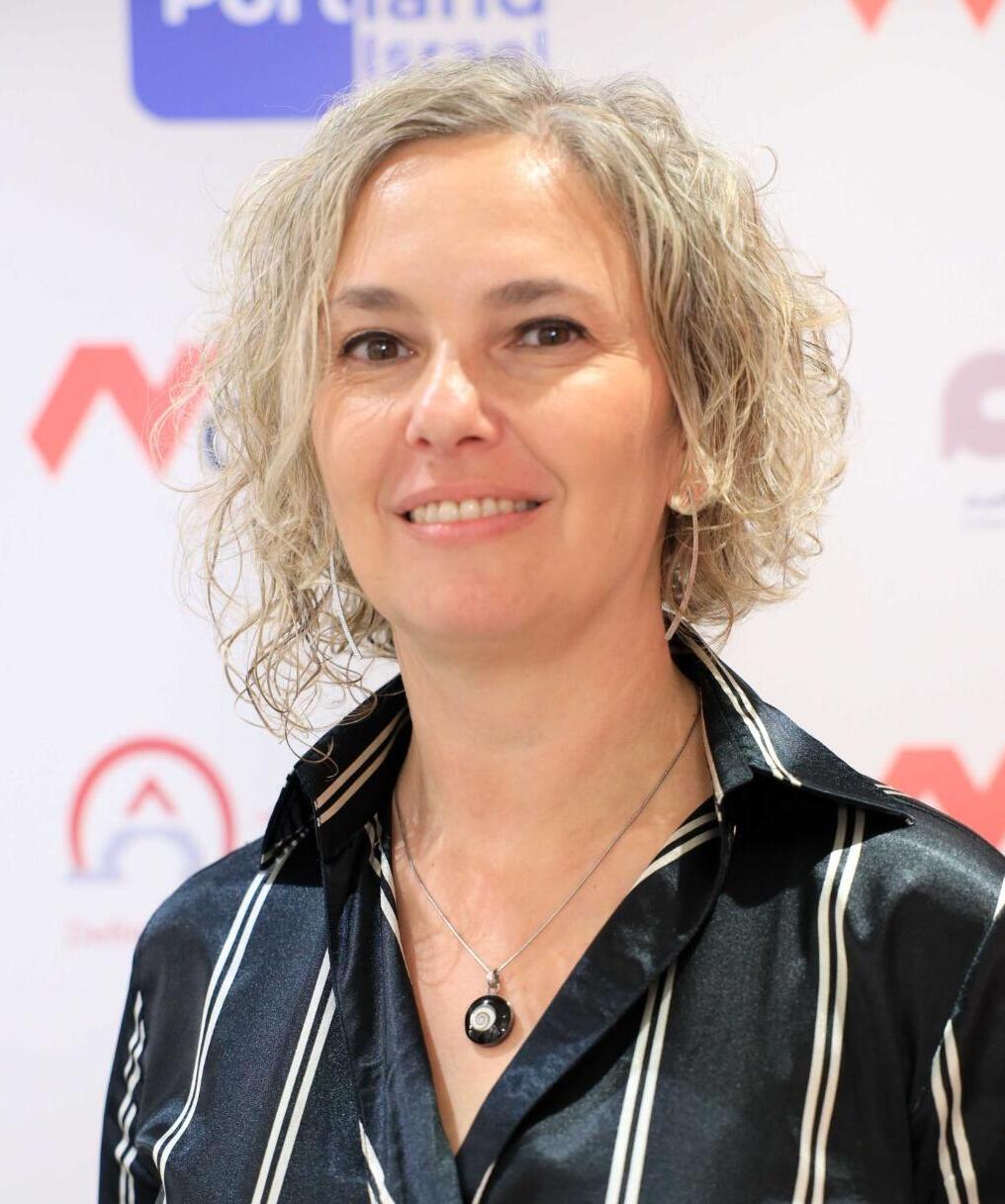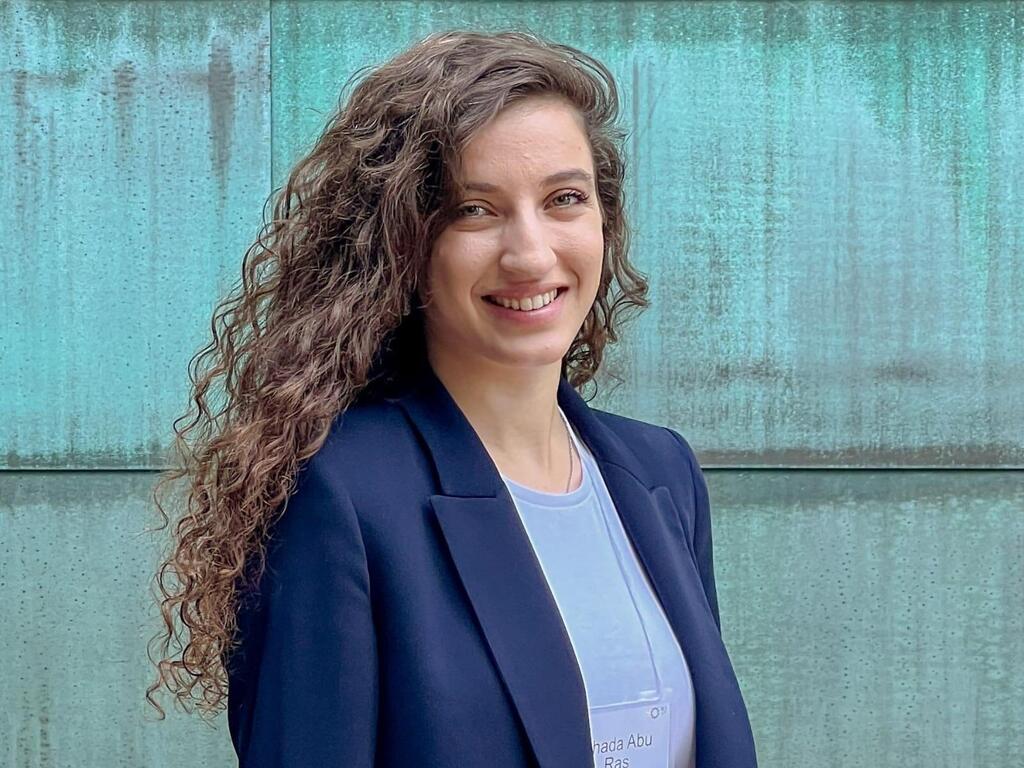“Startups were not part of the vernacular that I was familiar with – it wasn’t part of my education system,” says Dr. Peter Siman, Co-founder and CEO of IntraGel Therapeutics, a biotechnology startup that has developed a groundbreaking approach to cancer treatment. “I didn’t hear the word ‘entrepreneur’ until I was 38.”
Dr. Siman, who grew up in the Arab village of Eilabun near Tiberias, studied chemistry at Hebrew University and Ben-Gurion University and completed a postdoctoral fellowship at Berkeley. For much of his early career, he was far removed from the startup culture that thrives in the heart of the country.
It wasn’t until the early days of the COVID-19 pandemic, when Dr. Siman’s mother was diagnosed with cancer, that he began to seriously consider applying his scientific background to the development of innovative solutions in oncology. As fate would have it, at the same time, he saw that Professor Avi Domb from Hebrew University and entrepreneur Avner Geva were developing a cancer treatment and looking for a partner. Dr. Siman joined the initiative, and with the help of the NGT3 incubator in Nazareth—an organization focused on fostering Arab-Jewish collaboration and supporting underrepresented entrepreneurs in the north—helped bring the project to life. Through the support of NGT3 and funding from the Israel Innovation Authority, IntraGel Therapeutics was founded in 2021.
IntraGel specializes in a novel approach to chemotherapy, using a proprietary gel technology to deliver treatment directly to the tumor, minimizing the toxic side effects of traditional chemotherapy. The early results have been promising, with patients in Germany and Israel showing significant improvements, including children whose tumors have shrunk dramatically. The company plans to seek FDA approval and raise $20 million to advance to Phase 2 clinical trials.
Dr. Siman’s journey, however, has not been without its challenges. Arab representation in the tech sector is disproportionately low. The barriers to entry are not only professional but cultural, with many Arab communities in Israel lacking exposure to entrepreneurship as a career path.
“The concept of a ‘startup’ or an ‘exit’ were foreign to me until well into my thirties,” he says. Like many Arab professionals in the tech industry, Dr. Siman found himself starting from behind—often “10 or even 100 steps behind” his Jewish counterparts. He is now deeply committed to introducing students in Arab communities to the world of entrepreneurship, visiting schools to show them alternative career paths beyond traditional routes like law or medicine.
Annie Kaufman says that the NorthMed innovation hub in Sakhnin was established for precisely this reason by the Portland Trust, MEDX Xelerator and Alpha Omega founders Reem and Imad Younis, with the support of the Israeli Innovation Authority. “They researched the area and concluded that this region had a lot of talent with advanced healthcare-related degrees specifically but lacked the tech infrastructure.” The CEO of NorthMed says that the idea behind the hub was to grow the industry in the region and thus keep talent in the North. “There is very high academic achievement among Arab society, particularly in this region, but it doesn’t translate to employment in tech, where Arab men make up 2.6% of the industry and Arab women only 0.5%.”
NorthMed’s mission is to provide resources and mentorship to Arab entrepreneurs, particularly those in the medical and healthcare fields, helping them bring their ideas to market. Rather than offering direct funding, the hub focuses on developing entrepreneurs’ ideas, helping them refine their products and secure necessary grants. In just over a year and a half, NorthMed has worked with 180 ventures, helping eight of them refine their concepts and submit funding applications. The incubator also partners with Israeli and multinational companies to establish a stronger tech presence in the north, creating job opportunities for local talent. For example, fintech company Pagaya has hired 12 employees through NorthMed’s infrastructure.
In addition to providing direct support for entrepreneurs, NorthMed has launched the ‘Northpreneurs’ program, aimed at identifying and nurturing Arab entrepreneurs with strong academic backgrounds and industry experience. The first round of this program graduated 15 participants, four of whom went on to create new ventures. At a recent NorthPitch event, these entrepreneurs pitched their ideas to investors and strategic partners, with two ventures now preparing grant applications with NorthMed’s support.
The geographical barrier is another challenge for Arab entrepreneurs, as many live outside of the center of the country where the industry is concentrated. “Living in the periphery is an additional barrier after being a minority and a non-native Hebrew speaker. Arab society is less fluent in the language of entrepreneurship and innovation. There is a lot of talent here that isn’t being properly utilized,” says Kaufman.
“I submitted an assignment with an early version of the idea for Closer. My professor said that I needed to advance with it,” says Shatha Abu Rass, a 28-year-old occupational therapist from Kfar Ailut near Nazareth and Co-founder and CEO of startup Closer, supported by NorthMed, who was doing her MA in Occupational Therapy at Tel Aviv University at the time. She is now pursuing her PhD.
Closer is developing a solution to help infants with nursing difficulties, a challenge that can have long-lasting health consequences. Abu Rass’s journey into the world of high-tech was far from conventional; her background as an occupational therapist gave her an understanding of the problem, but she had to learn about the business side of things from scratch.
“It took me a long time to understand what I was doing at all. I didn’t know any women who were doing this. I thought that it was for people who had studied programming or engineering – subjects more traditionally linked to high tech.”
When her sister-in-law’s premature baby struggled with latching, Abu Rass saw an opportunity to improve the process for mothers and babies. Her product is now in the prototype stage and patent-pending in the U.S., Europe, and China. With nearly NIS 500,000 in funding raised so far, Abu Rass is focused on bringing Closer to market in the next six months, despite the challenges posed by her role as a frontline healthcare worker during the war.
“I was treating people on 7/10 from the kibbutzim. I was the only Arab on my team, and there were some cases where people coming in weren’t comfortable with me treating them or didn’t even want to hear Arabic. On the one hand, it hurt, but on the other, I understood because I reminded them of their trauma.”
Dr. Siman says that October 7th was like an earthquake. “We were all shocked by the attack. It’s not the same since between Arab and Jewish colleagues. However, what was broken on October 7th must elevate us to a better place and to a new level of collaboration,” he says, adding that, “that horrible day showed us that we share the same fate in our country.”
Kaufman says that NorthMed feels like a tangible way to positively impact and even shift the trajectory of the country. “We live in an age where in addition to government support, we have to take our own steps to make it happen. If I want my children to stay in this country and have the opportunities that they deserve, we need to remake it ourselves.











